New rules introduced last month for cigarettes and hand-rolling tobacco to combat forgery, will also be extended to cigars and cigarillos in 2024, according to Robert Botkai, partner of law firm Winckworth Sherwood.
He wants to ensure that forecourt retailers fully understand what the new regulations – which came into force on May 20 – will mean to them.
“The trade of illicit tobacco products is prevalent, and in an attempt to clamp down the EU has brought in rules regarding the ‘Traceability and Security Features’ for tobacco products,” he explained.
“The security features aim to make forging impossible, or at least very difficult. The traceability requires retailers to scan Unique Identifiers (“UIDs”) at each point in the supply chain, in order to facilitate the identification of illegal tobacco products.”
The new rules apply if you are a manufacturer or importer of cigarettes or hand-rolling tobacco in the UK and EU, meaning that you will now have to put new security features on your packaging.
“If you sell or store, or transload (ie move tobacco products from one vehicle to another) tobacco products in the EU, you will have to register for a facility ID,” stressed Botkai.
“Manufacturers will need to put security features on the tobacco packaging that include colour-changing ink, a guilloche pattern, microprint and anti-stoke ink.
“They will need to get IDs for the business by registering with the UK ID issuer, De La Rue. This can take up to 2 working days. This registration will need to include an economic operator ID, a UID, machine IDs for all machines used in the manufacturing process, and facility IDs for all premises where it manufactures, stores or sells its products.”
Botkai explained that all packing will need to include UIDs, including the smallest unit packaging, for example individual cigarette cartons, and on aggregate packets.
Production lines will need anti-tamper devices, and manufacturers must record for each product an order number, copy of invoice and payment receipt. Manufacturers will need to provide all intermediaries up to first retailer with equipment capable of scanning the UIDs.
“However, retailers are also caught by the new regulations,” he stressed. “The UK government has published helpful guidance. If you are the first in the supply chain to make tobacco products available for sale to the public (including vending machine owners), you are classed as the ‘first retailer’.
“You must register with the UK ID issuer, De La Rue, which can take up to two working days. Once registered you must then obtain an economic operator ID, facility IDs for all premises where you store or sell tobacco products, and separate facility IDs for each tobacco vending machine.”
Botkai said it is important to note that you do not have to scan tobacco products if you only make them available for sale to the public. If you store tobacco products in separate premises, you’ll need to comply with the following two steps:
• Get scanning equipment from the manufacturer
The manufacturer or importer should provide you with scanning equipment which can scan the UID for their tobacco products, and send this information to their data repository.
• Scan your products
You must scan the tobacco products when they arrive at your premises.
For existing stock – including cigarettes or hand-rolling tobacco manufactured in the EU before 20 May 2019 or imported into the EU and which has left duty suspension before 20 May 2019 - the new rules will not apply until 20 May 2020.
“These rules may seem bureaucratic and complex,” said Botkai. “But the EU’s aim is to combat the sale of illegal tobacco products, which can have far higher carcinogenic and addictive properties, as well as avoiding taxes.
“It is not yet clear whether this new legislation will be repealed upon the UK’s exit from the European Union. In any case, if you manufacture or import tobacco products within, to or from the EU, these rules will continue to apply post-Brexit.”
For more information visit www.wslaw.co.uk.


























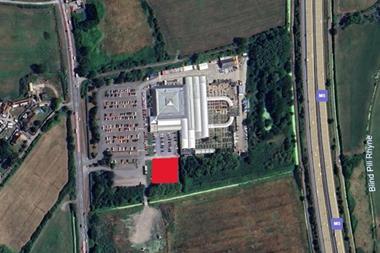


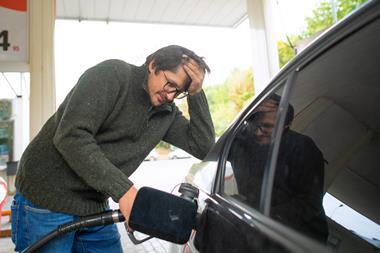
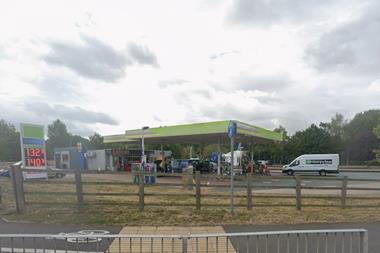
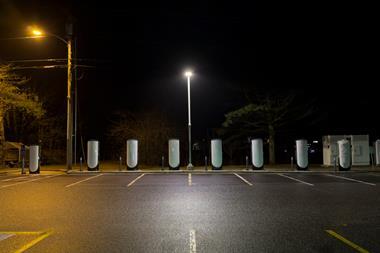
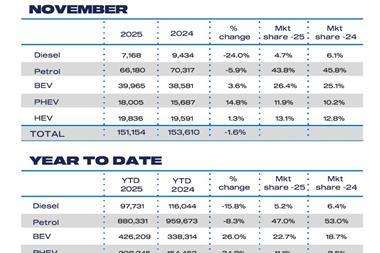
No comments yet